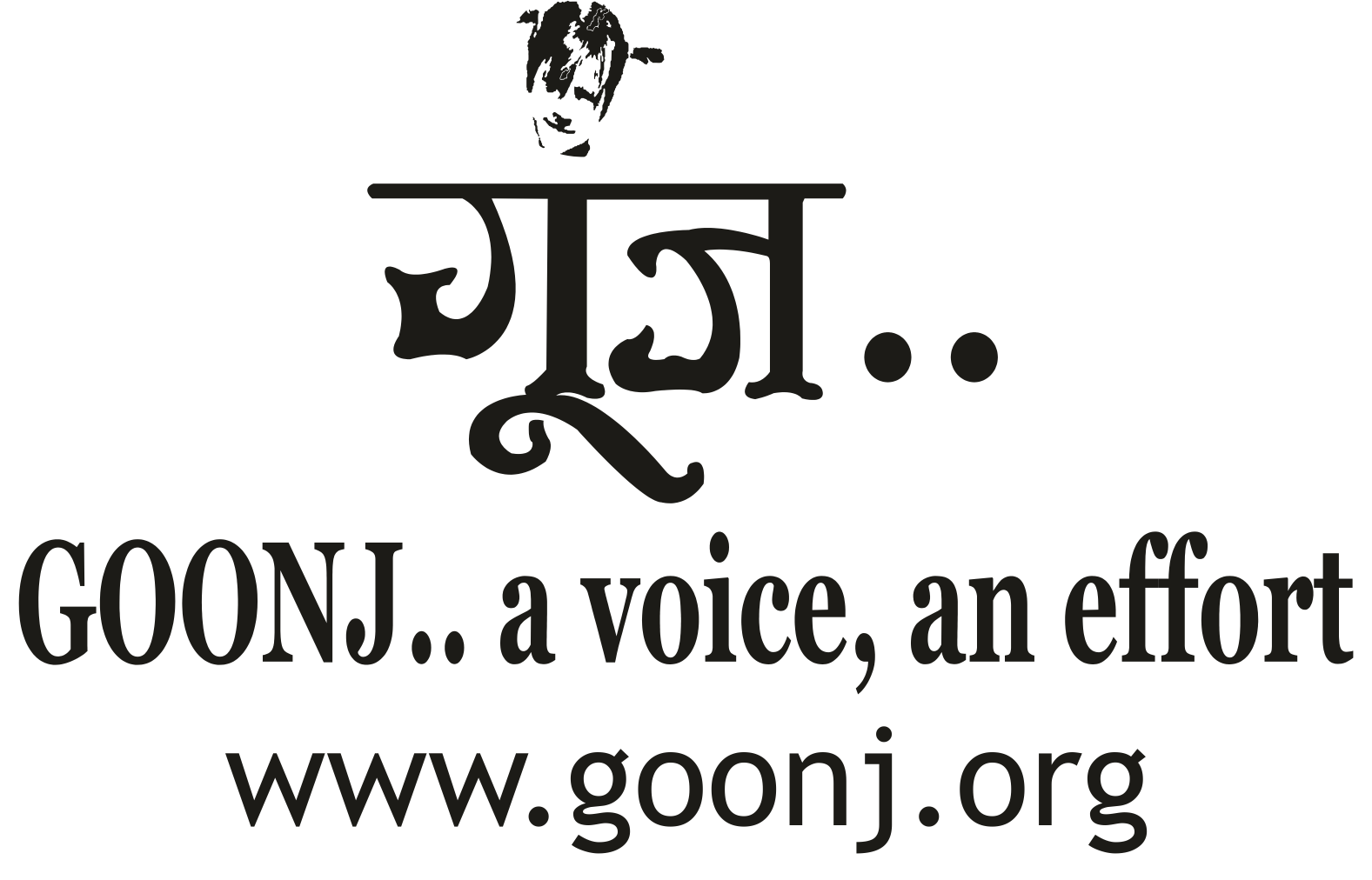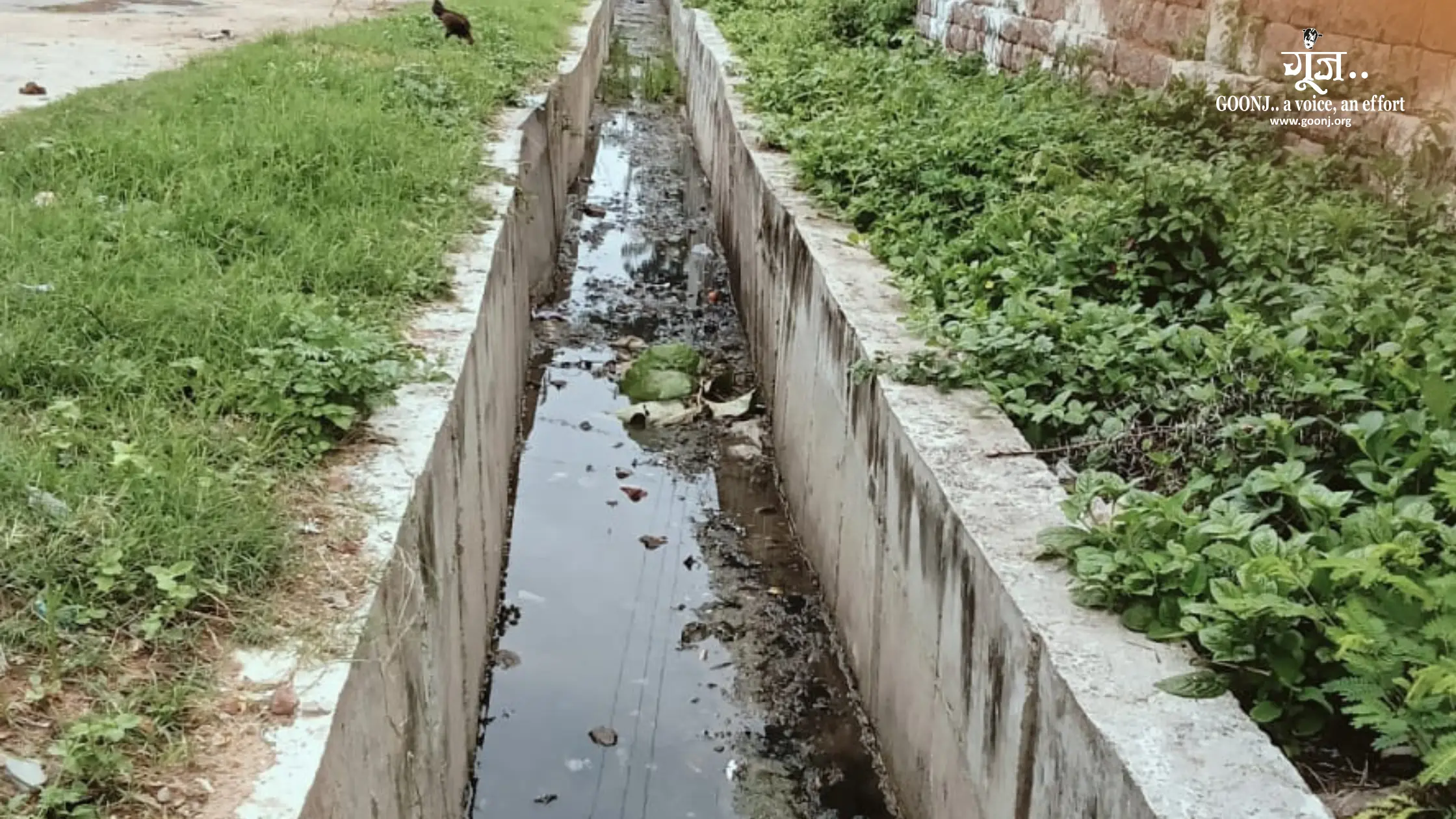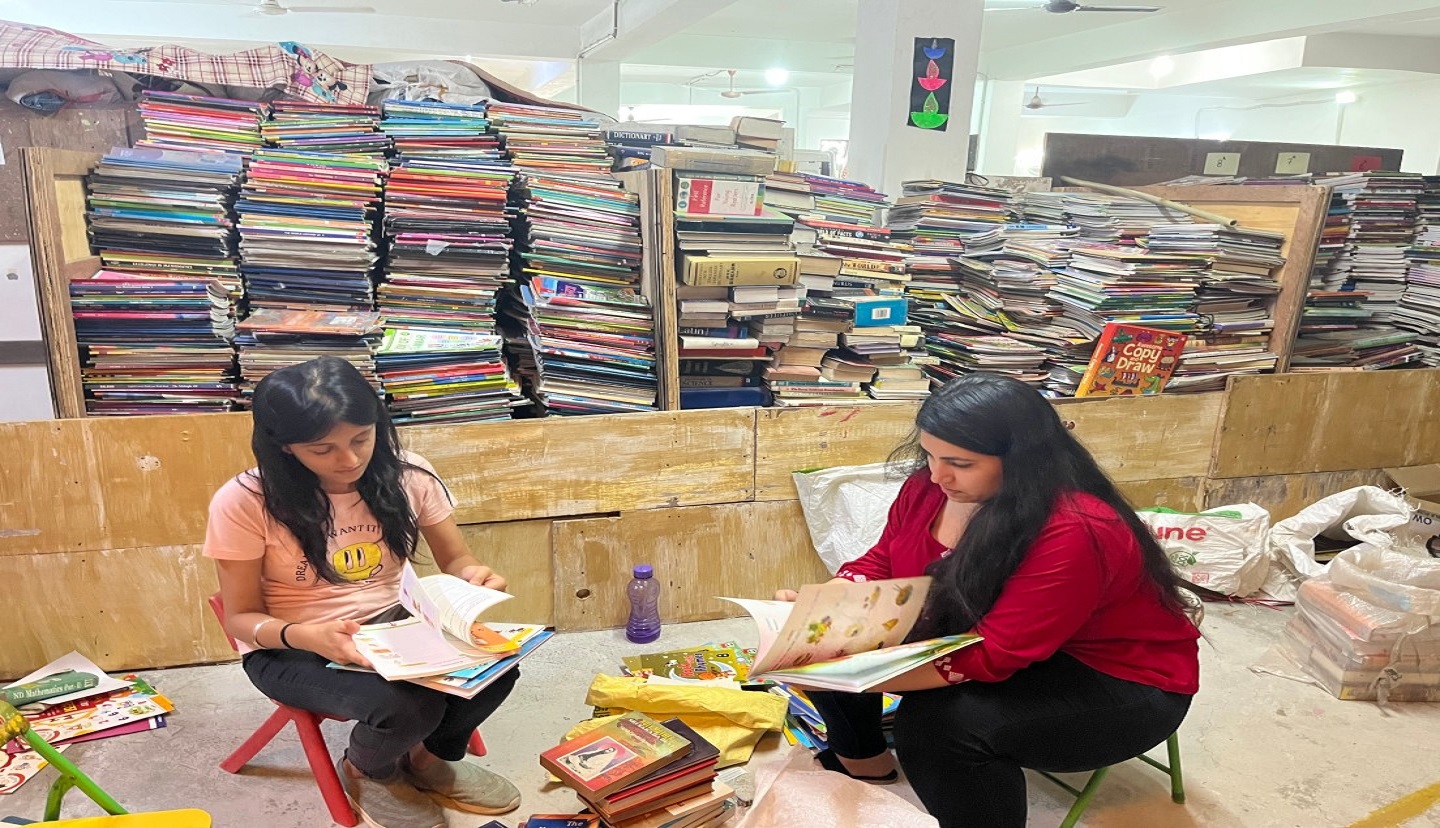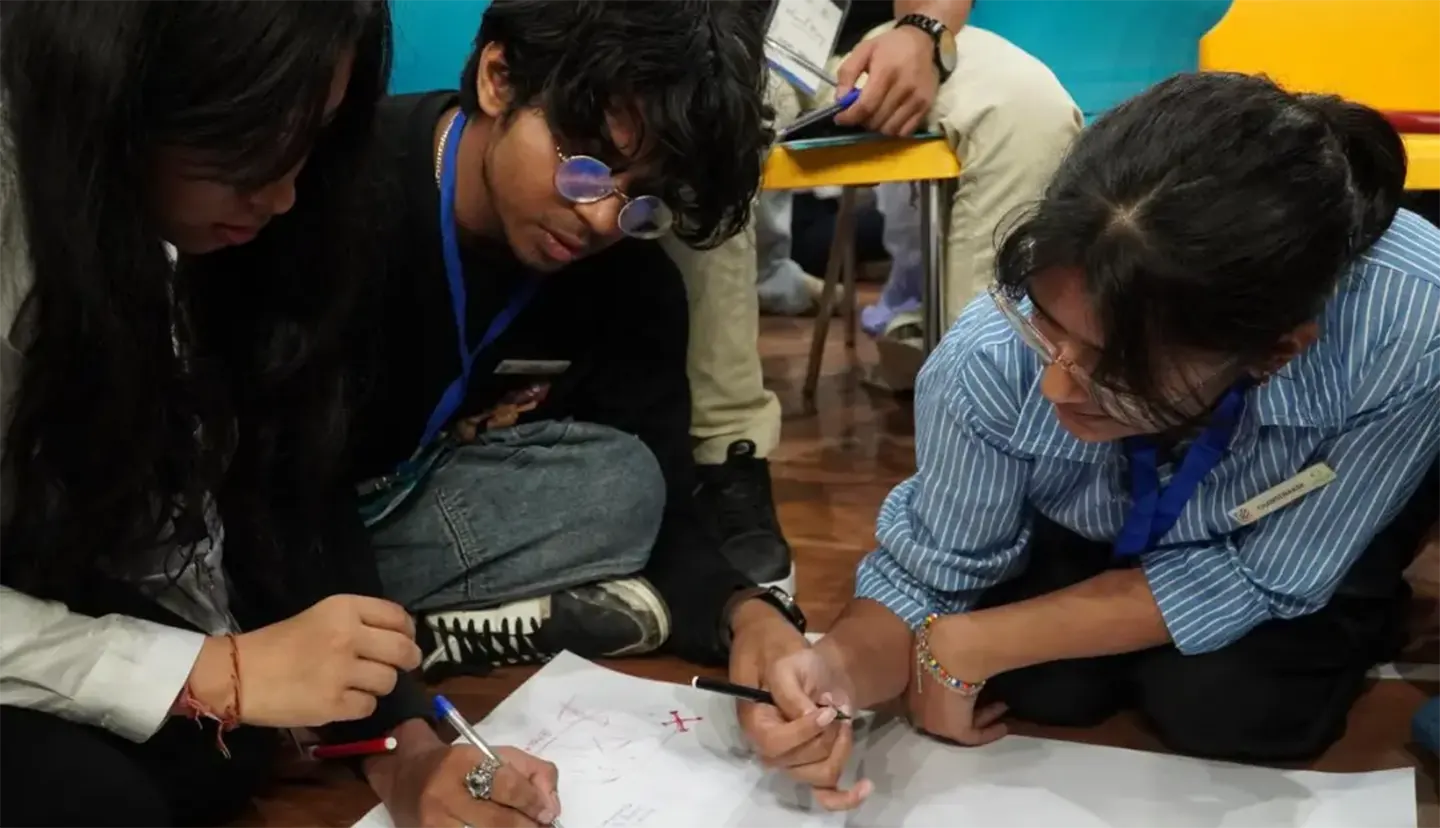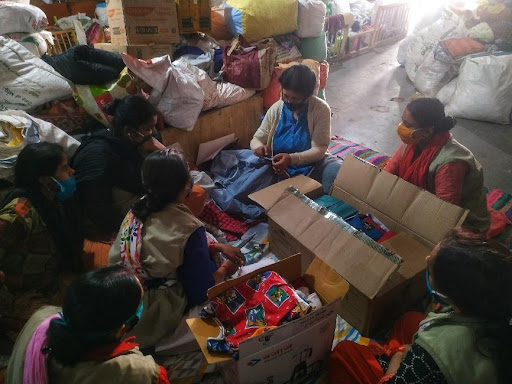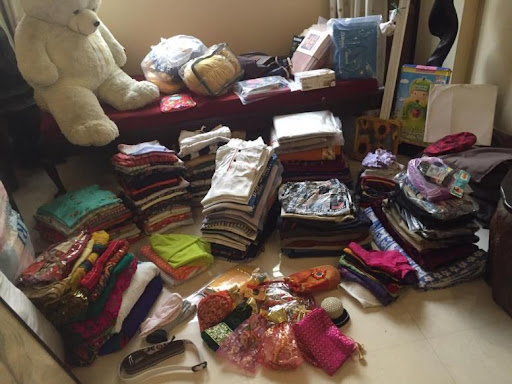A recent study published in the journal Nature revealed that India now generates the highest plastic pollution in the world. Is plastic pollution confined to urban areas? No. The extensive use of single-use plastics and the lack of efficient waste management systems extend this problem into the rural heartlands as well.
In Perkiweedu village, Telangana, the local canal was once the lifeline of the community, irrigating over 100 acres of farmland and sustaining the livelihoods of many families. However, unchecked dumping of plastic waste turned this vital waterway into a clogged and polluted stretch. As a consequence, it led to foul odors, a breeding ground for mosquito deteriorating health, and reduced crop production, ultimately affecting the livelihoods of the villagers.
When Goonj reached out to the villagers, initial discussions revealed the pressing nature of the issue and the urgency to act. The villagers understood that cleaning the canal was not just about restoring water flow but also about reclaiming their health and dignity. Men, women, and even children came together, equipped with tools and gloves, and removed heaps of plastic waste and other pollutants from the canal.
Perkiweedu’s story is an example of a big challenge India faces today. It highlights the urgent need for a change in how we think, act and do—focusing on reusing, repurposing, and reducing waste. This shift in behavior is essential not just for solving plastic pollution but also for building resilience against climate challenges and creating a more sustainable future.

Community Participation in Waste Cleanup
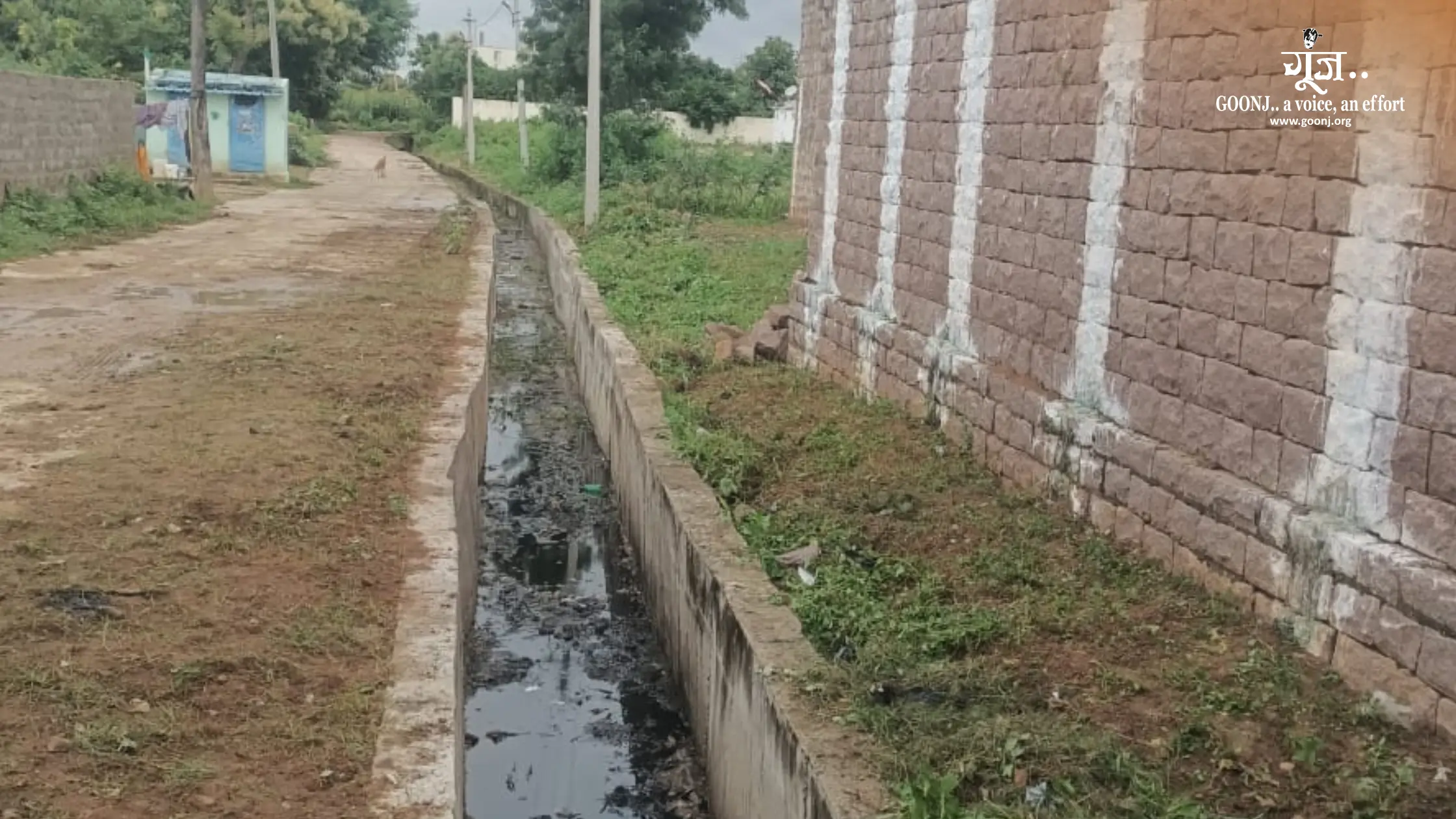
Cleaned Canal in Perkiweedu
Our invitation to you is, start from where you are.. From a small change of starting a Goonj kee Gullak or Team 5000, joining a long and deep change process, or things in between- organising a collection drive, a volunteering journey, an internship, or simply walking with us signing for a Goonj monthly newsletter subscription.. More on www.goonj.org or write to [email protected]
Many options, but the choice is always one; Taking Action
